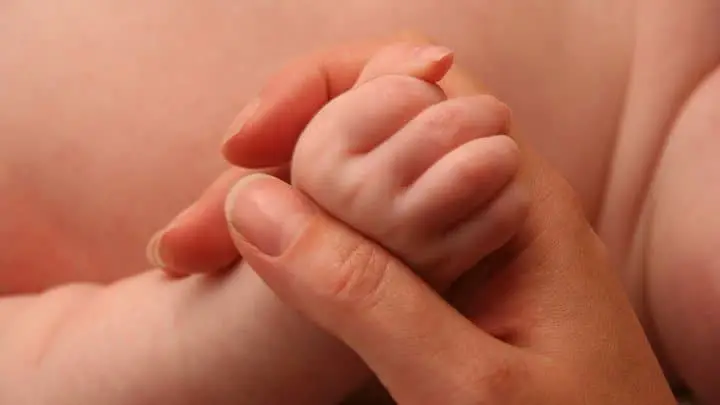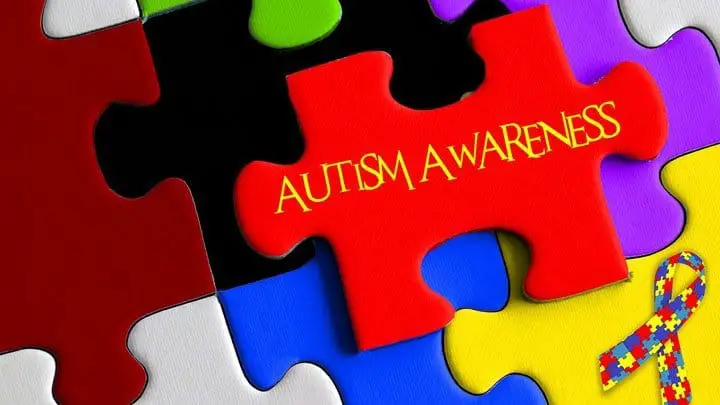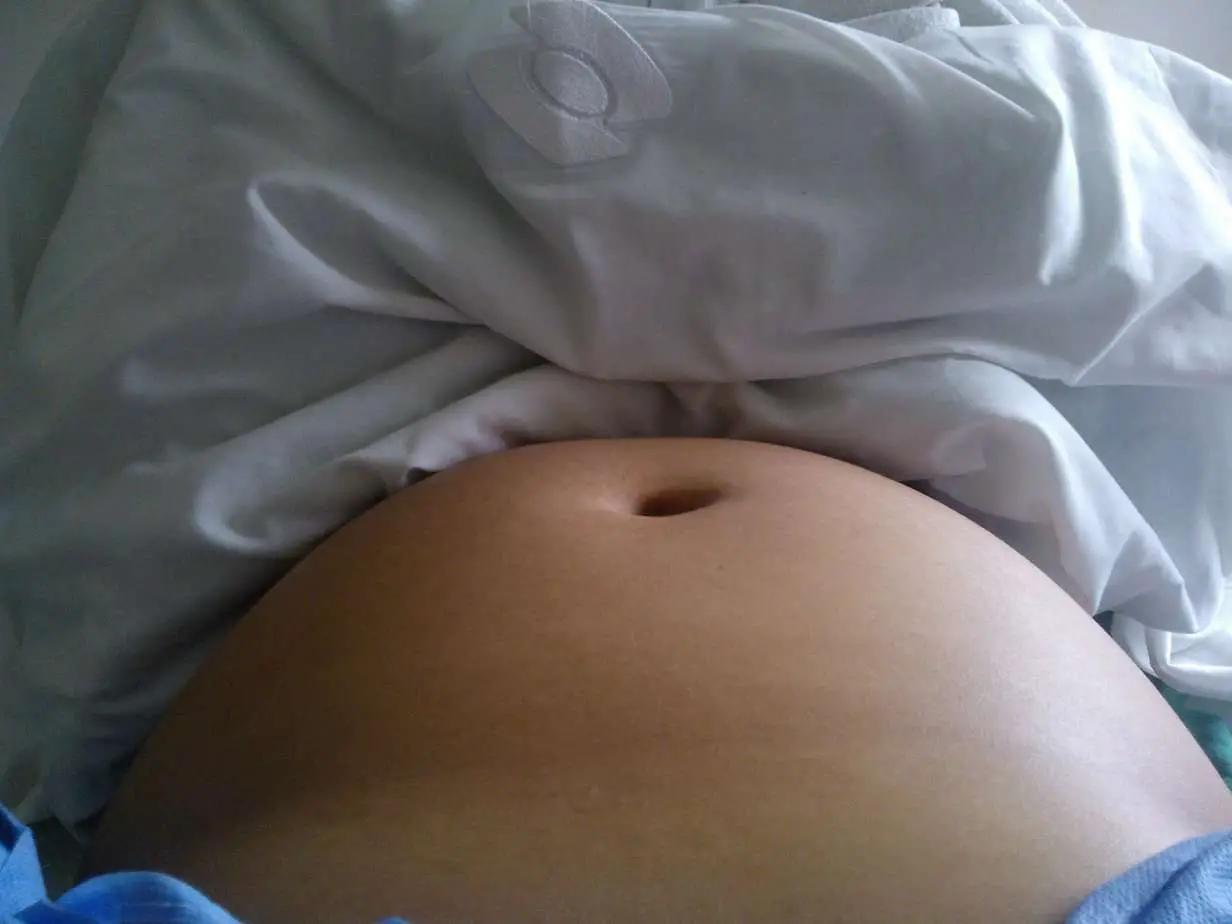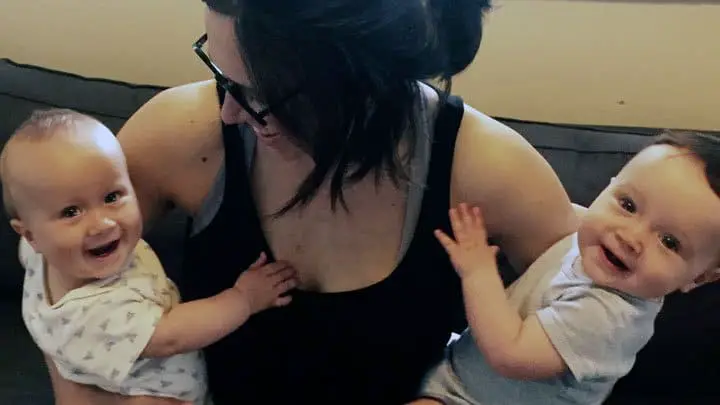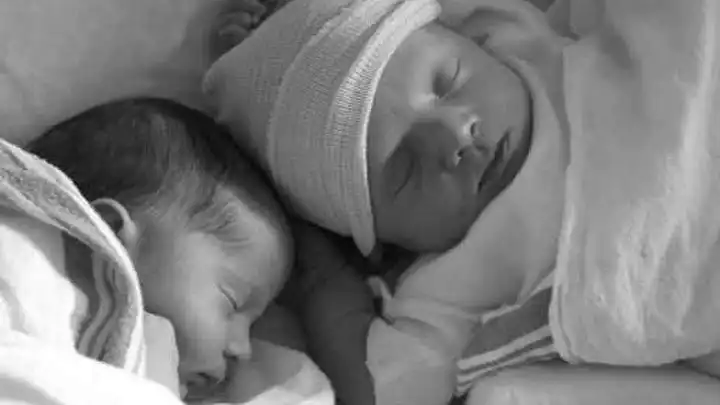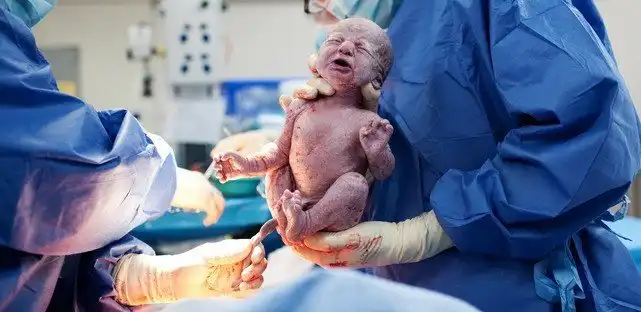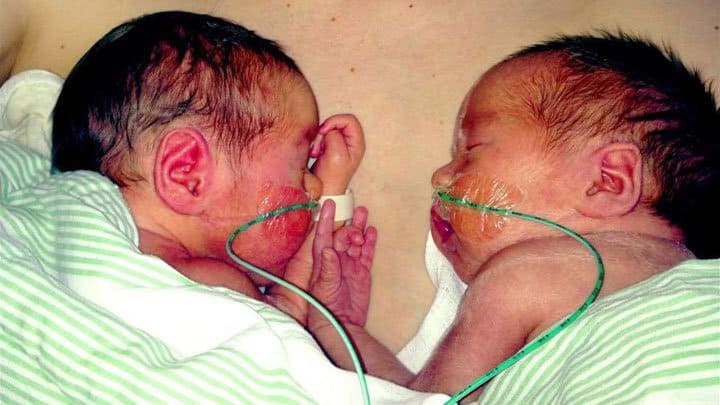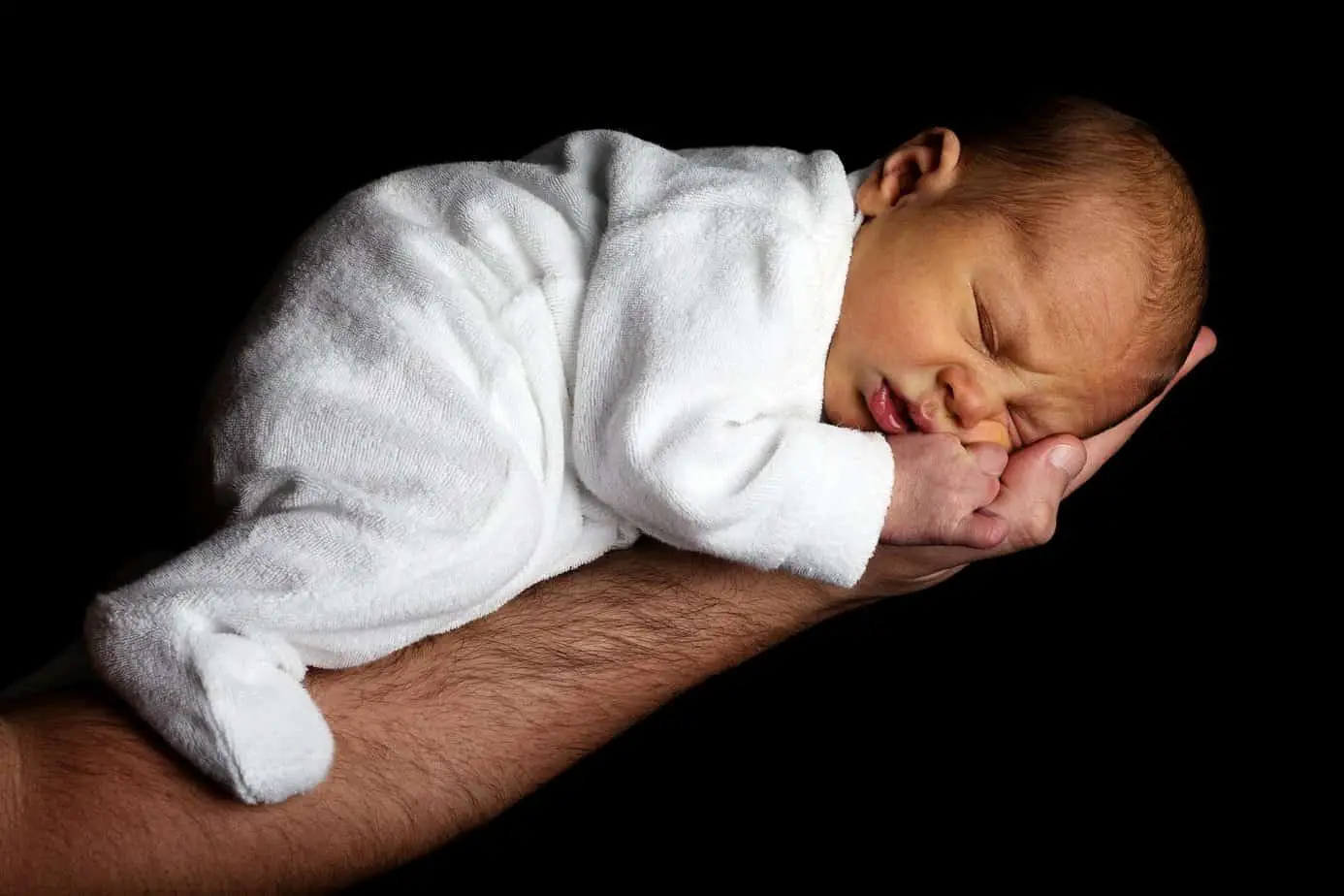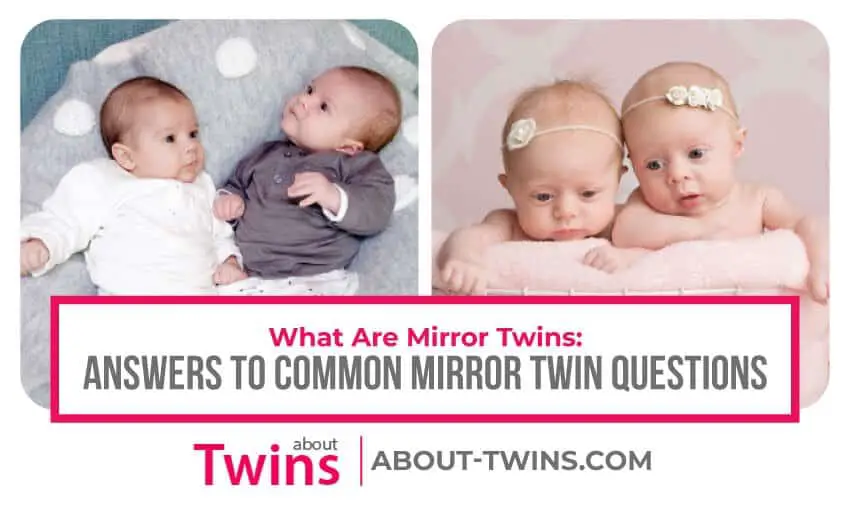Miscarriage is Common in Twin Pregnancies After IVF
A group of Chinese researchers did a retrospective study to explore the incidence of miscarriage of one twin in dichorionic diamniotic (di-di) twin pregnancies.* All pregnancies were conceived after in vitro fertilization (IVF) and embryo transfer (ET). The researchers also looked at how the miscarriage of one twin influenced the rest of the pregnancy. Results were compared to a singleton pregnancy group who also conceived after IVF and ET. The study was published in The Journal of Maternal-Fetal & Neonatal Medicine in December 2017. 4447 di-di twin pregnancies were included in the study. 14551 singleton pregnancies were included as well. All women visited the same medical center between 2009 and 2015.
* Di-di twins are twins who have separate sacs and placentas. All fraternal twins are di-di twins. About 1/3 of identical twins are di-di twins.
Miscarriage doesn’t reduce the probability of taking home the other twin
Out of the 4447 twin pregnancies, 759 women miscarried one twin. This means that 17,1 percent of the women pregnant with twins experienced a miscarriage of one twin. 89,8 percent of those occurred at some point during the first trimester. The researchers concluded that a miscarriage of one twin is common in di-di twin pregnancies after IVF-ET, but it does not reduce the probability of taking home the other twin.
Outcomes not inferior to the singleton group
Premature delivery rate, live birth rate, take-home baby rate, gestational age of delivery and neonatal birth weight were significantly better in the group who experienced a loss of one twin compared to the group with twins who didn’t. The group who experienced a loss of one twin had outcomes not inferior to the singleton group. The results showed that the take-home baby rate was significantly lower in the twin group who didn’t experience a miscarriage.
